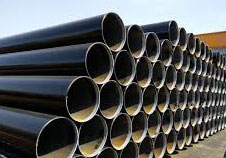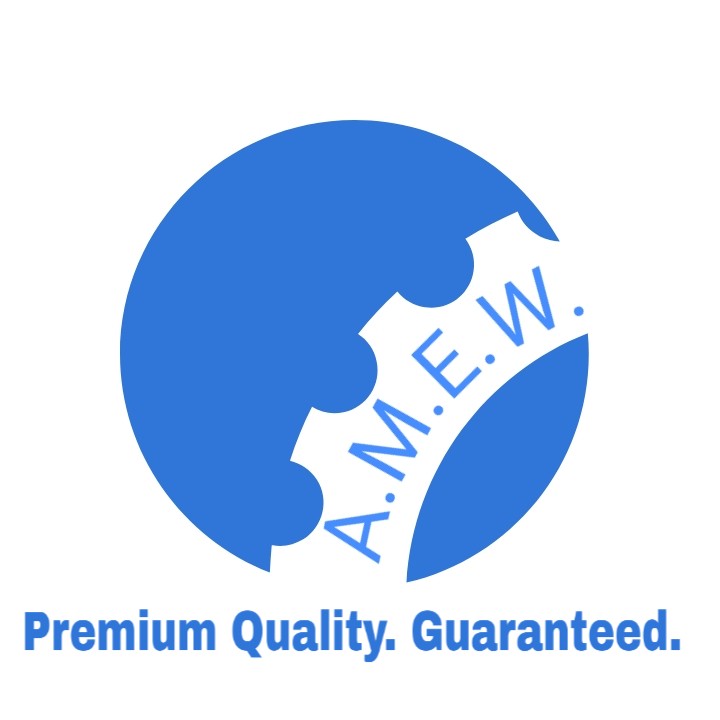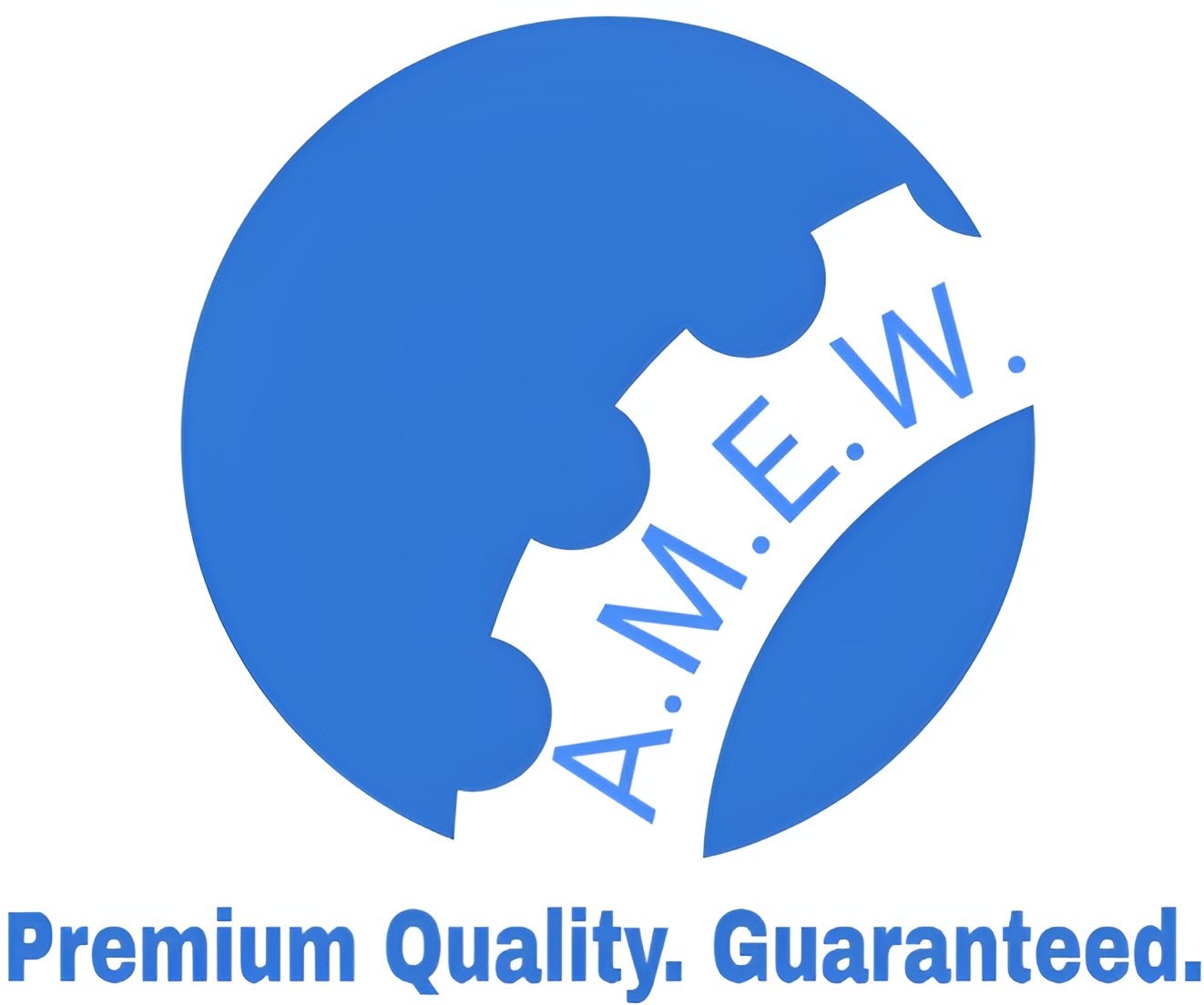Din Standards Manufacturer in India, Mumbai
DIN Standards for Precision Steel Pipes
The DIN standards, established by the German Institute for Standardization, are internationally recognized for setting high-quality benchmarks in engineering, including the production and use of precision steel pipes. These standards ensure that steel pipes meet strict criteria in terms of dimensional accuracy, material composition, and mechanical properties.
Here is an overview of the key DIN standards that apply to precision steel pipes:
DIN Standards for Precision Steel Pipes
| Standard Number | Title/Description | Scope/Application |
|---|---|---|
| DIN 2391 | Seamless Precision Steel Tubes | Specifies the requirements for seamless precision steel tubes, typically used in hydraulic systems, automotive, and mechanical engineering applications. |
| DIN 2445 | Welded Precision Steel Tubes | Provides specifications for welded precision steel tubes used in general mechanical and engineering purposes where high precision and strength are required. |
| DIN 2393 | Welded Precision Steel Tubes – Cold Drawn | Specifies the requirements for cold-drawn welded precision steel tubes, focusing on higher dimensional accuracy and smooth surface finish for applications like hydraulic cylinders and machine components. |
| DIN 2394 | Cold-Drawn Welded Precision Steel Tubes | Covers precision steel tubes with improved mechanical properties and surface finishes, often used in the automotive industry and manufacturing machinery parts. |
| DIN 1629 | Seamless Circular Tubes of Non-Alloy Steels | Specifies seamless circular tubes made from non-alloy steels, widely used for pipelines, mechanical engineering, and general applications. |
| DIN 1630 | Seamless Circular Tubes of Unalloyed Steel for Special Requirements | High-quality seamless tubes used in special applications like pressure vessels and high-stress machinery parts, requiring excellent mechanical properties. |
| DIN 17175 | Seamless Tubes Made of Heat-Resistant Steels | Applies to seamless tubes made from heat-resistant steel, used for boiler, pipeline, and pressure vessel applications where high temperatures are a concern. |
| DIN 2395 | Rectangular and Square Hollow Sections | Defines dimensions and properties for cold-formed precision steel hollow sections, used in construction and structural applications. |
| DIN EN 10216-2 | Seamless Steel Tubes for Pressure Purposes | Specifies seamless steel tubes designed for pressure purposes and high-temperature applications, often used in boilers, pressure vessels, and piping systems. |
| DIN EN 10305-1 | Steel Tubes for Precision Applications | Specifies seamless cold-drawn tubes for precision applications, used in the automotive industry, hydraulic systems, and mechanical engineering. |
| DIN EN 10305-2 | Welded Cold-Drawn Steel Tubes for Precision Applications | Provides specifications for welded and cold-drawn precision tubes, focusing on superior surface finish and dimensional accuracy. |
Key Aspects Covered in DIN Standards
- Dimensional Tolerances: DIN standards specify tight tolerances for the outer diameter, wall thickness, and length of precision steel pipes, ensuring high consistency in applications requiring precision, such as automotive components or hydraulic systems.
- Material Grades: DIN standards define various steel grades and their chemical compositions, allowing manufacturers to select the appropriate grade based on application requirements, such as corrosion resistance, heat resistance, or high strength.
- Mechanical Properties: These include specifications for yield strength, tensile strength, elongation, and impact resistance, which are crucial for ensuring the durability and performance of precision steel pipes in demanding applications.
- Surface Quality: Precision steel pipes must have a smooth surface finish to minimize friction and wear in applications like hydraulic cylinders and pneumatic systems. DIN standards ensure the required level of surface smoothness.
- Heat Resistance: Some DIN standards specify requirements for heat-resistant steels, ensuring that precision steel pipes can withstand high temperatures in applications such as boilers, heat exchangers, and pressure vessels.
- Corrosion Resistance: For pipes used in aggressive environments, DIN standards provide guidelines for corrosion-resistant coatings or specific alloying elements that improve the pipe’s longevity.
- Testing Requirements: Various mechanical tests, including tensile tests, flattening tests, and non-destructive testing like ultrasonic testing, are required under DIN standards to ensure the pipes meet safety and quality criteria.
Common Applications of Precision Steel Pipes as per DIN Standards
- Automotive Industry: Precision steel pipes manufactured according to DIN standards are used in automotive components such as fuel lines, brake systems, steering columns, and exhaust systems. The high dimensional accuracy and surface finish ensure reliable performance.
- Hydraulic and Pneumatic Systems: DIN-compliant precision steel pipes are essential for hydraulic cylinders, pumps, and pneumatic systems where high pressure, minimal friction, and smooth fluid transfer are critical.
- Mechanical Engineering: Precision tubes are used in the manufacturing of machine tools, gear systems, and other mechanical parts where high precision and durability are necessary.
- Energy and Power Generation: Heat-resistant precision steel tubes as per DIN standards are used in power plants for boilers, heat exchangers, and pressure vessels that operate under extreme temperature and pressure conditions.
- Construction and Structural Use: Cold-formed precision hollow sections (square or rectangular) conforming to DIN standards are widely used in construction for creating lightweight but strong structural frameworks.
- Aerospace: In aerospace engineering, precision steel pipes that meet DIN standards are used for critical components such as landing gears, frames, and high-performance fluid systems.
Showing 1–16 of 24 results
-

DIN 1626 St 37 Pipes
Read more -

DIN 1629 Seamless Pipe
Read more -

DIN 1630 ST52 Seamless Pipe
Read more -

DIN 17175 13crmo44 Pipe
Read more -

DIN 2391 ST35 nbk Carbon Steel Seamless Tube
Read more -

DIN 2391 ST35 Seamless Pipe
Read more -

DIN 2391 ST37 Carbon Steel Pipe
Read more -

DIN 2391 ST37 Steel Pipe
Read more -

DIN 2391 ST45 Carbon Steel Seamless Pipe
Read more -

DIN 2391 ST45 Seamless and Welded Pipes
Read more -

DIN 2391 ST52 nbk Carbon Steel Tube
Read more -

DIN 2391 ST52 Seamless Pipe
Read more -

DIN 2440 Threaded Steel Tubes
Read more -

DIN 2448 Seamless Steel Pipes
Read more -

DIN 2458 Seamless Pipe
Read more -

DIN 2609 Grade 15MO3 Seamless Tube
Read more

